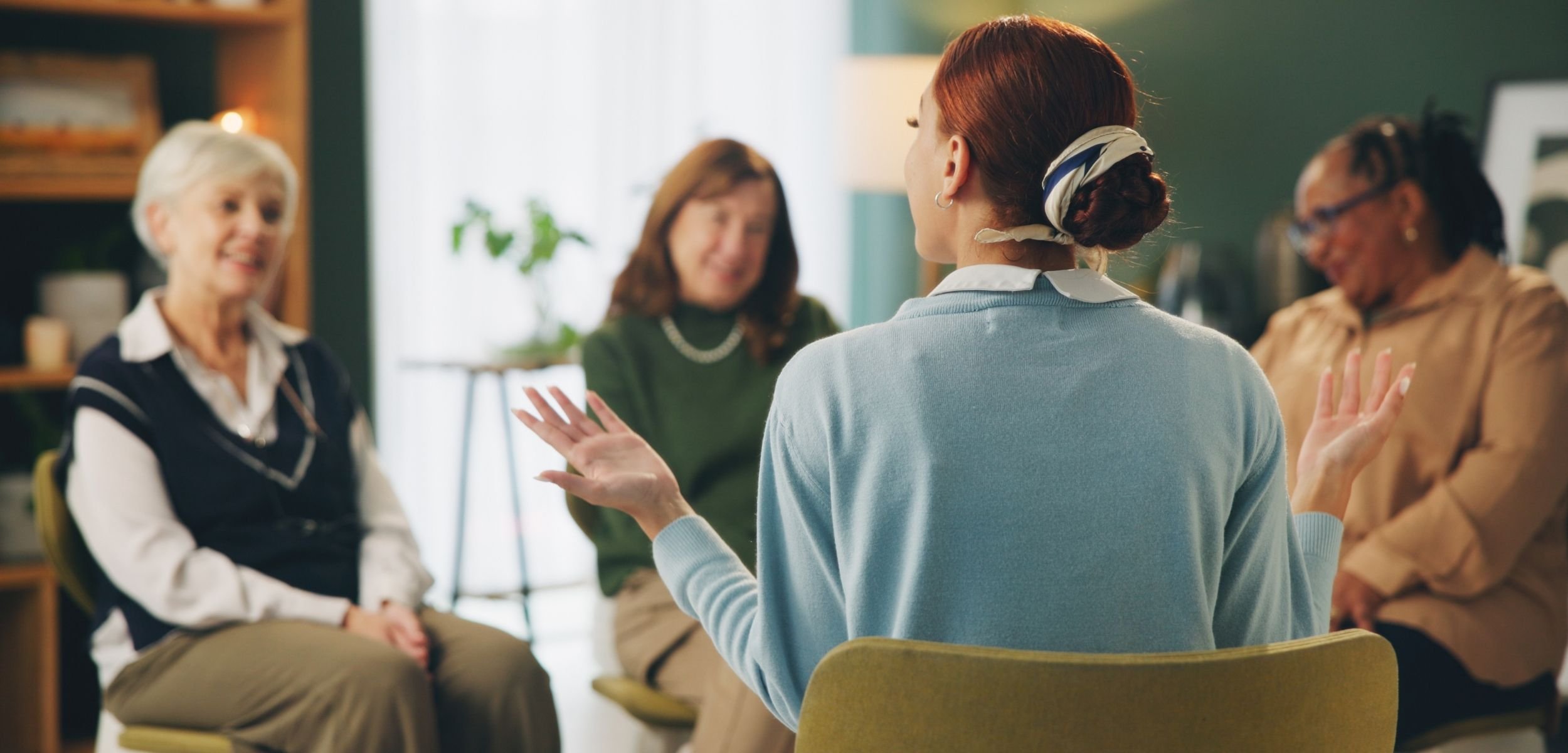
Co-creation is our foundation
Innovation without women creates blind spots.
Innovation with women creates breakthroughs.
Until 1993, women of childbearing age were routinely excluded from U.S. clinical trials,¹ leaving critical data skewed toward male physiology. This gap still impacts drug safety today, especially for pregnant women, one of the most vulnerable groups in healthcare, where most medicines remain untested. Even in preclinical research, male animals have historically been favoured, with female rats avoided as “too complex” or “too costly” to study.² The result: treatments built on incomplete evidence, designed through a male lens, and delivered as partial solutions that rarely meet women’s real needs.
We believe lived experience is essential to breaking this cycle. Women who endure period pain, alongside gynaecologists who treat them and researchers who study these conditions, are central to how we design MelioOne®. By embedding co-creation into our development process, we ensure that the product is not only scientifically rigorous but also relevant, usable, and supportive of everyday needs. This co-creation model, which integrates patient groups, clinicians, and researchers, helps us build solutions that close the gender health gap rather than perpetuating it.
1. National Institutes of Health Revitalization Act, 1993; see FDA Office of Women’s Health reports.
2. Beery & Zucker (2011), “Sex bias in neuroscience and biomedical research,” Neuroscience & Biobehavioral Reviews.
What 800 Women Told Us About Living with Period Pain
Before building a solution, we needed a clear understanding of the problem. We set out to ensure product–market fit at the start of our journey, not the end.
That’s why we partnered with Dynata to survey more than 800 women in the United States and Germany, gathering insights on pain severity, emotional impact, treatment gaps, and quality-of-life disruption.
The findings reveal an urgent picture of what’s missing in period pain care today.
Our commitment to co-creation is ongoing.
There are two new research studies currently ongoing to ensure MelioOne® reflects a broad spectrum of needs:
A gynecologist-led survey to validate our approach and gain expert insights on clinical adoption and utility.
A Gen-Z study to better understand attitudes towards a non-hormonal, non-contraceptive solution. By exploring the perspectives of younger women, we can gain a deeper understanding of how our solution addresses the needs of our future generation.


